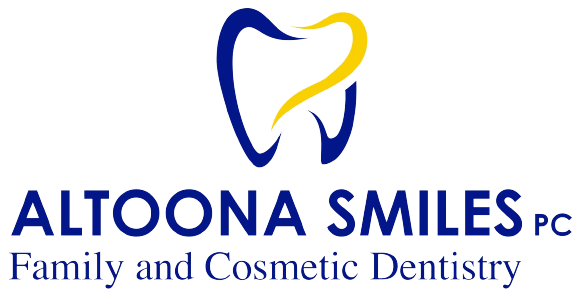In the realm of health, some signals should not be ignored, especially when it comes to your teeth and gums. Whether it’s a sudden, intense pain or a nagging discomfort, understanding when to reach out to a dental professional can make all the difference. Altoona Smiles believes in educating its patients about these emergency situations to ensure timely care and prevent complications.

Why Understanding Emergency Info is Crucial
- Timely Intervention: Recognizing symptoms early can lead to quicker treatments, potentially avoiding more extensive procedures in the future.
- Prevent Complications: Addressing a dental concern promptly can reduce the risk of complications such as infections or prolonged pain.
- Financial Implications: By addressing issues immediately, you might save on expensive treatments required for advanced complications.
- Peace of Mind: Knowing when and how to act during a dental emergency can offer peace of mind, reducing anxiety and stress.
Tooth Ache
Begin by meticulously cleaning around the sore tooth. Using warm salt water, rinse the mouth to displace any food trapped between teeth. Do not use aspirin on the aching tooth or on the gum. If you have facial swelling, apply a cold compress to the area. For temporary pain relief, acetaminophen is recommended. If the pain persists more than a day, please contact us.
Cut or Bitten Tongue, Lip or Cheek
Ice can be applied to any bruised areas. For bleeding, apply firm (but gentle) pressure with sterile gauze or a clean cloth. If the bleeding does not stop with pressure, or continues longer than 15 minutes, please go to the nearest emergency room.
Broken Tooth
Recover any of the broken tooth fragments. Rinse the area with warm water, and apply a cold compress over the facial area of the injury. Please seek immediate dental attention.
Knocked Out Permanent Tooth
Recover the tooth, making sure to hold it by the crown (top) and not the root. Rinse, but do not clean or handle the tooth more than necessary. Reinsert the tooth into the socket, and hold it in place using a clean piece of gauze or cloth. If the tooth cannot be reinserted, carry it in a cup of milk or water. Time is essential, so see a dentist immediately.
Possible Broken Jaw
In the event of a jaw injury, tie the mouth closed with a towel, tie or handkerchief. Go immediately to the nearest emergency room.
Bleeding After a Baby Tooth Falls Out
Fold a piece of gauze, and place it (tightly) over the bleeding area. Bite down on the gauze for 15 minutes. If the bleeding continues, please see a dentist.
Cold or Canker Sores
Over-the-counter medications will usually provide temporary relief. If the sores persist, visit your dentist.
Best Practices: When to Contact the Altoona Team
- Severe Toothache: Any persistent pain, especially when it comes to biting or chewing, should prompt a call to your doctor.
- Broken, Chipped, or Knocked-Out Tooth: Time is of the essence here. The quicker you act, the higher the chances of saving the tooth.
- Lost Filling or Crown: While it might not seem like a pressing emergency, a lost filling or crown can lead to pain and further damage if not addressed.
- Swollen, Tender or Bleeding Gums: Such symptoms can be indicative of gum disease or infections which require immediate attention.
- Abscess or Pus: A dental abscess, marked by painful swelling filled with pus, can be severe and should be treated immediately.
Outlook
The arena of dental health is not static; situations change, and emergencies arise. However, equipped with the right knowledge, you can act promptly, ensuring the best outcome for your oral health. By understanding when to reach out, you prioritize your well-being and safeguard your radiant smile.
Q: What constitutes a dental emergency?
A: A dental emergency includes severe toothaches, broken or knocked-out teeth, lost fillings or crowns, swollen or bleeding gums, or any dental concern causing significant discomfort.
Q: How quickly should I see a dentist after a tooth is knocked out?
A: Ideally, you should contact your dentist immediately. The sooner you act, the higher the chances of saving the tooth.
Q: Can swollen gums wait until my next dental check-up?
A: No. Swollen, tender, or bleeding gums can be a sign of gum disease or other infections and should be addressed promptly.
Q: What should I do if I lose a filling or crown?
A: Contact Altoona Smiles for guidance. While it may not seem urgent, leaving it untreated can lead to further damage or pain.
Q: Who do I contact for a dental emergency after office hours?
A: For any dental emergency outside regular hours, call 515-200-1299 for instructions or guidance on immediate next steps.
Your dental health is paramount, let us help guide you
If you find yourself facing a dental concern, be it an emergency or a mere query, Altoona Smiles is just a call away. Reach out to us at 515-200-1299 or request an appointment online.







